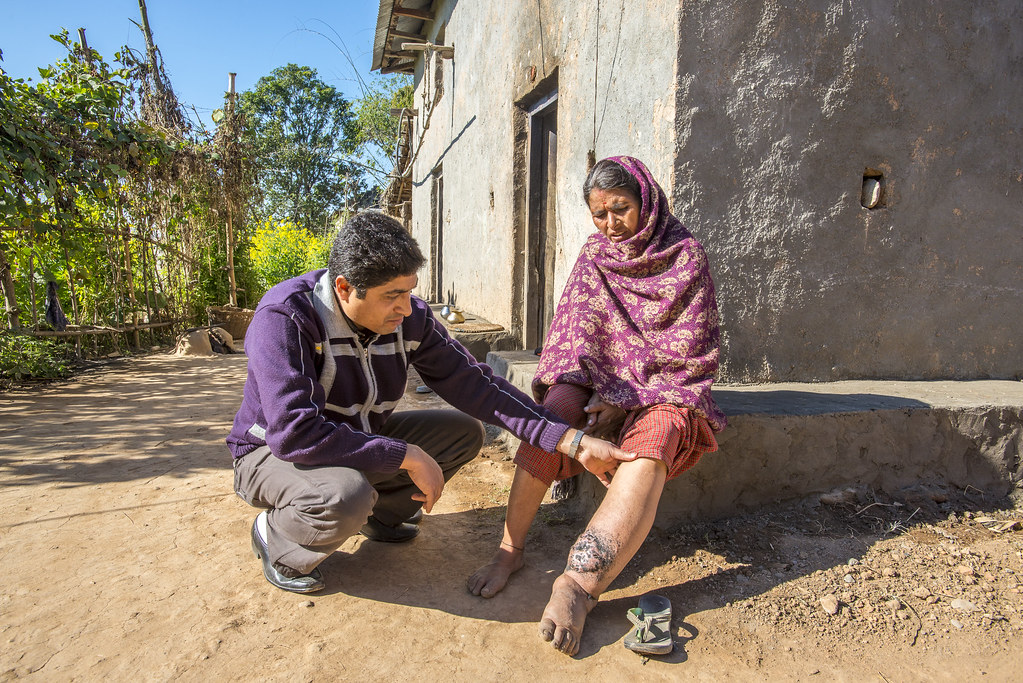The World Health Organization (WHO) has officially congratulated Brazil for successfully eliminating lymphatic filariasis as a public health problem, marking a significant victory in the global fight against neglected tropical diseases.
“Eliminating a disease is a momentous accomplishment that takes unwavering commitment,” said Dr. Tedros Adhanom Ghebreyesus, WHO Director-General. “I congratulate Brazil for its efforts to free its people from the scourge of this painful, disfiguring, disabling, and stigmatizing disease. This is another example of the incredible progress we have made against neglected tropical diseases, and it gives hope to other nations still battling lymphatic filariasis that they too can eliminate this disease.”
Lymphatic filariasis, commonly known as elephantiasis, is a parasitic disease spread by mosquitoes, causing chronic pain, severe swelling, disability, and social stigmatization. The disease has historically afflicted millions worldwide, making its elimination a critical public health achievement.
Brazil’s Journey to Elimination
Brazil’s path to eliminating lymphatic filariasis began decades ago, with the implementation of a national plan to combat the disease in 1997. This strategy included mass distribution of antiparasitic drugs, targeted vector control, and robust surveillance efforts, particularly in areas most impacted by the disease. The concerted effort paid off when the country officially ended transmission of the disease in 2017.
In addition, the elimination of lymphatic filariasis became a key goal of the Brasil Saudável program, launched in February 2024. This multisectoral initiative, spearheaded by President Luiz Inácio Lula da Silva, focuses on ending socially determined diseases through a whole-of-government approach, with the participation of civil society and affected communities. The launch ceremony featured WHO Director-General Dr. Tedros Adhanom Ghebreyesus and Dr. Jarbas Barbosa, Director of the Pan American Health Organization (PAHO).
The Brasil Saudável program, which places a strong emphasis on public involvement in disease control, played a pivotal role in the final push toward elimination. Even post-elimination, Brazil, in collaboration with WHO and PAHO, will maintain close monitoring to ensure there is no resurgence of infections.
“This milestone is the result of years of dedication, hard work, and collaboration among health workers, researchers, and authorities in Brazil,” said Dr. Jarbas Barbosa, PAHO Director and WHO Regional Director for the Americas. He further praised Brazil’s unified health system, which, along with specialized laboratory expertise and extensive surveillance, was key in halting the transmission of the disease.
A Global Movement
Brazil joins a growing list of 19 countries and territories that have been validated by WHO for eliminating lymphatic filariasis as a public health problem. These include Malawi and Togo in the African Region; Egypt and Yemen in the Eastern Mediterranean Region; Bangladesh, Maldives, Sri Lanka, and Thailand in the South-East Asia Region; and several countries in the Western Pacific, including Cambodia, Vanuatu, and Tonga.
In the Americas, three countries—Dominican Republic, Guyana, and Haiti—remain endemic and continue mass drug administration efforts to stop the transmission of the disease.
Brazil's accomplishment makes it the 20th country globally to eliminate lymphatic filariasis as a public health problem and the 53rd country worldwide to have eradicated at least one neglected tropical disease. This progress highlights Brazil’s significant role in the global campaign to eliminate neglected tropical diseases and sets a hopeful precedent for other nations still in the fight against such illnesses.
The success is a testament to Brazil's effective public health infrastructure and ongoing dedication to addressing major health challenges, further inspiring countries around the world to pursue the elimination of lymphatic filariasis and other neglected tropical diseases.











